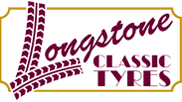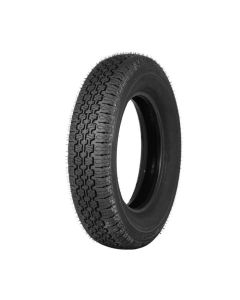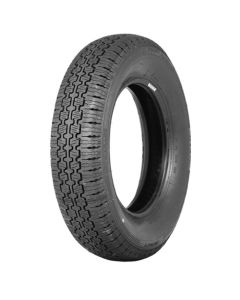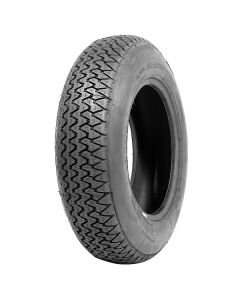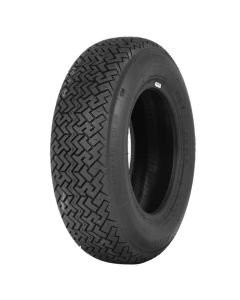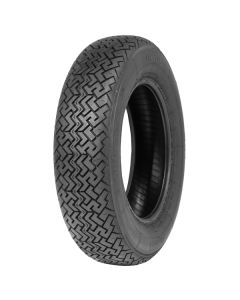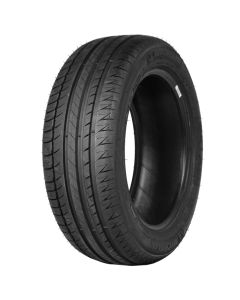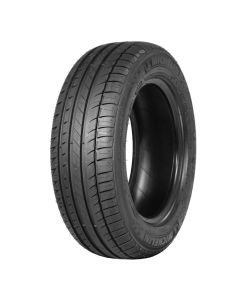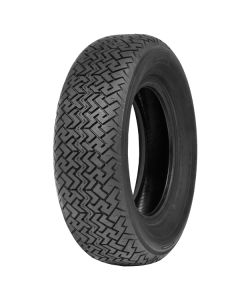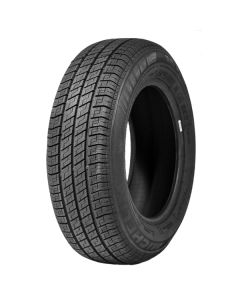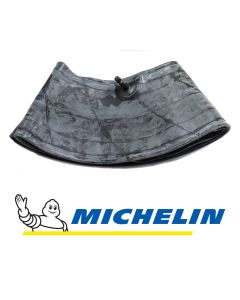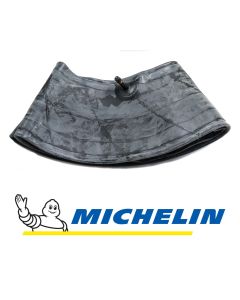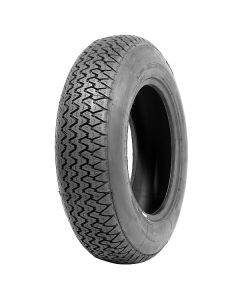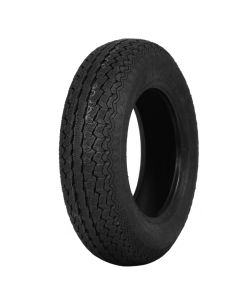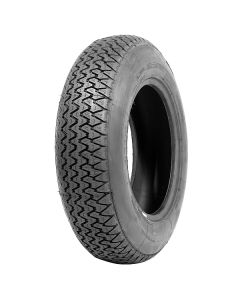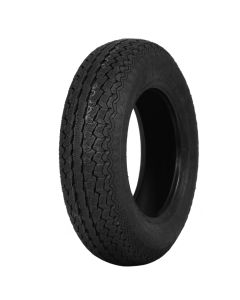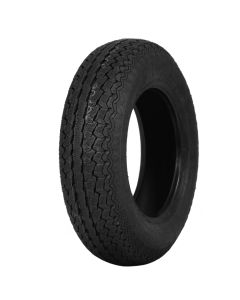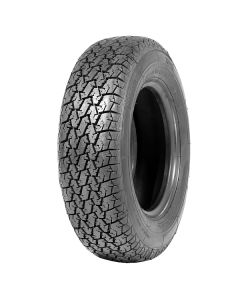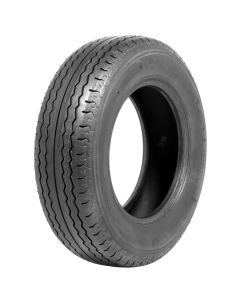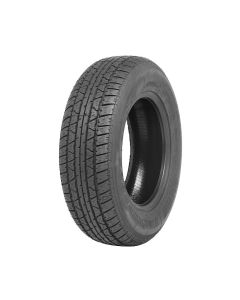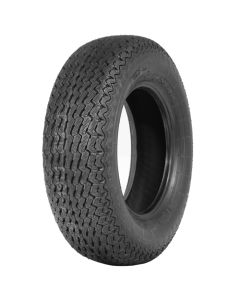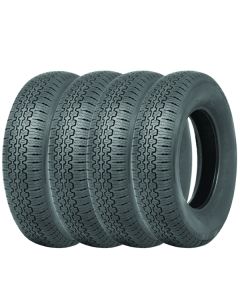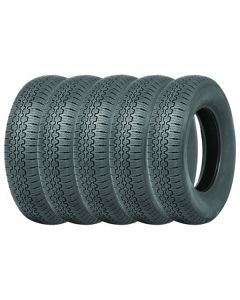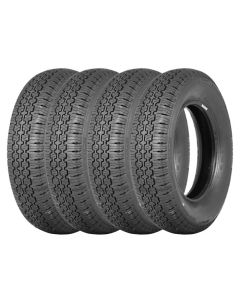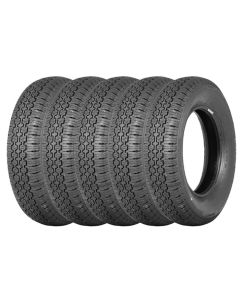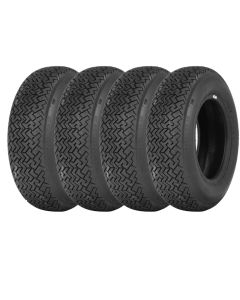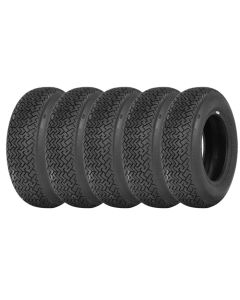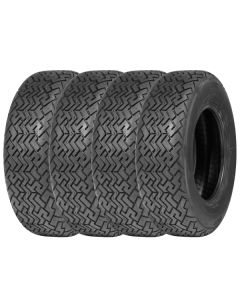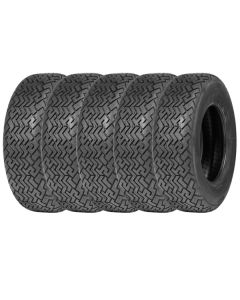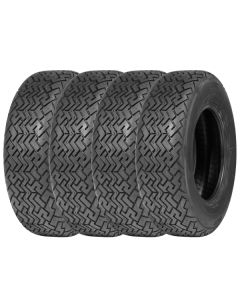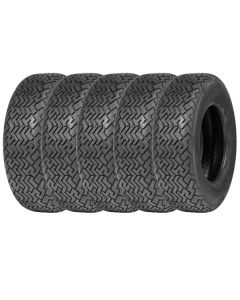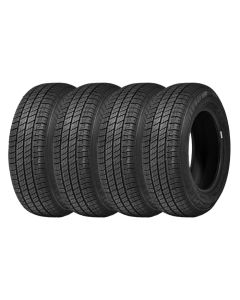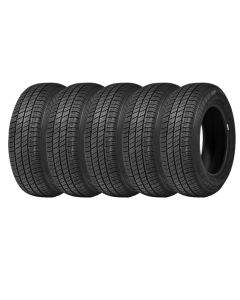Austin Maestro Tyres
Austin Maestro / MG Maestro 1982–1995
British Leyland Maestro Tyres
Dunlop Denovo tyres are no longer manufactured and are not expected to return to production in the future.
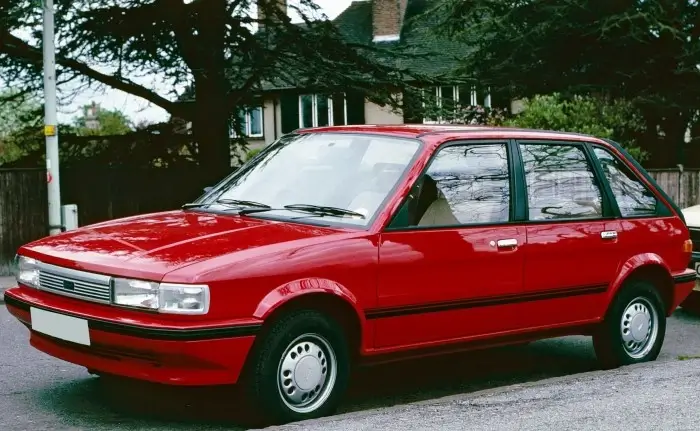
1982 Austin Maestro
- The British Leyland Maestro 1.3 fits 145 R 13 classic tyres. We recommend fitting the 145HR13 PIRELLI CINTURATO CA67. If you require a tube for 145 R 13 tyres, the Michelin 13CG innertube is the right size.
- The British Leyland Maestro 1.3 L and 1.3 HLE fitted 155 R 13 radial tyres. We recommend fitting the 155R13 PIRELLI CINTURATO CA67 or the 155 HR 13 Michelin XAS FF.
- Some owners like to fit oversized tyres. If you have a Maestro 1.3 (originally on 145R13 tyres), you may want to fit 155R13 tyres. We recommend the 155R13 PIRELLI CINTURATO CA67 as the best choice.
- The British Leyland Maestro 1.6L, 1.6 HLS, and the Maestro Vanden Plas fitted 165 R 13 radial tyres. We recommend fitting the 165R13 PIRELLI CINTURATO CN36.
- If you require innertubes for your 155R13 or 165R13 tyres we recommend the Michelin 13D innertube.
- If you have wider wheels fitted to your Maestro, in place of a 155R13 or 165R13 tyre, we recommend you fit 175/70 R 13 or 185/70 R 13 respectively. The rounded shoulders of these low-profile tyre carcasses will better maintain the progressive handling of the car.
- If you are replacing 155 R13 with the size 175/70 R 13 we recommend the 175/70 VR 13 PIRELLI CINTURATO CN36.
- If you are replacing 165 R13 with the size 185/70 R 13 we recommend the 185/70 VR 13 PIRELLI CINTURATO CN36.
- If you require innertubes for your 175/70 R 13 or 185/70 R 13 tyre, the Michelin 13E innertube is the best option.
Rover Maestro Classic Tyres
- The Rover Maestro 1.3 and 1.6 models fitted 155 R 13 or 165 R 13 tyres.
- The Maestro 2.0 Diesel fitted 175/70 R 14 tyres. Unfortunately, no classic tyre manufacturer currently makes a tyre in this size. Instead, we recommend fitting the 195/60 VR 14 Michelin MXV3-A.
- The MG 2.0 EFi Maestro fitted 175/65 R 14 tyres. No classic tyre manufacturers currently make a classic tyre in the size 175/65 R 14. However, we do stock the 185/60 VR 14 Michelin Pilot Exalto PE2.
- The Maestro MG 2.0i and MG Turbo fitted 185/55 R 15 tyres. We recommend fitting the 185/55 R 15 Michelin Pilot Exalto PE2.
For recommended tyre pressures for your model of Maestro, please see our Austin Maestro Tyre Pressure Guide below.
Austin Maestro Tyre Pressures
| Model | Front (Psi) | Rear (Psi) |
|---|---|---|
| All 1.3L Maestro Models | 26 | 28 |
| All 1.6L Maestro Models | 26 | 28 |
| Vanden Plas | 26 | 28 |
| 2.0 Diesel | 30 | 30 |
| MG 2.0 EFi | 28 | 26 |
| MG 2.0i | 32 | 32 |
| MG Turbo | 32 | 32 |
History of the Austin Maestro
The Maestro was devised as part of British Leyland's scheme to introduce a new range of mass-market models to be sold as the best new cars for the average UK consumer, whilst being equipped with state of the art components and technology. The Maestro replaced the Austin Allegro and Maxi. The Montego (Which was developed on the same platform) would replace the Austin Ambassador and Morris Ital. The Austin Maestro was given its name as Maestro was actually the second choice for the name of the car that would eventually become the Austin Metro.
The Maestro was initially well-received. Its roominess was described as a critical selling point, especially compared to its rivals, the Ford Sierra and Vauxhall Cavalier. However, the car soon built a reputation for poor build quality and unreliability. The Car was a reasonable success for British Leyland but it wasn't quite what they had hoped for as in 1987, Sales started to decline. The Maestro cars were rebadged as Rovers in 1987, little was changed in the Maestro, it was kept in production mainly to cater for the budget end of the market and was still sold as fleets, meanwhile, Rover's models were pushed further upmarket. Standard production of the Maestro was discontinued in 1994, being replaced by the Rover 600. Some Maestro cars were produced in kit form, but this didn't last, as BMW's takeover of Rover shut this production down.
